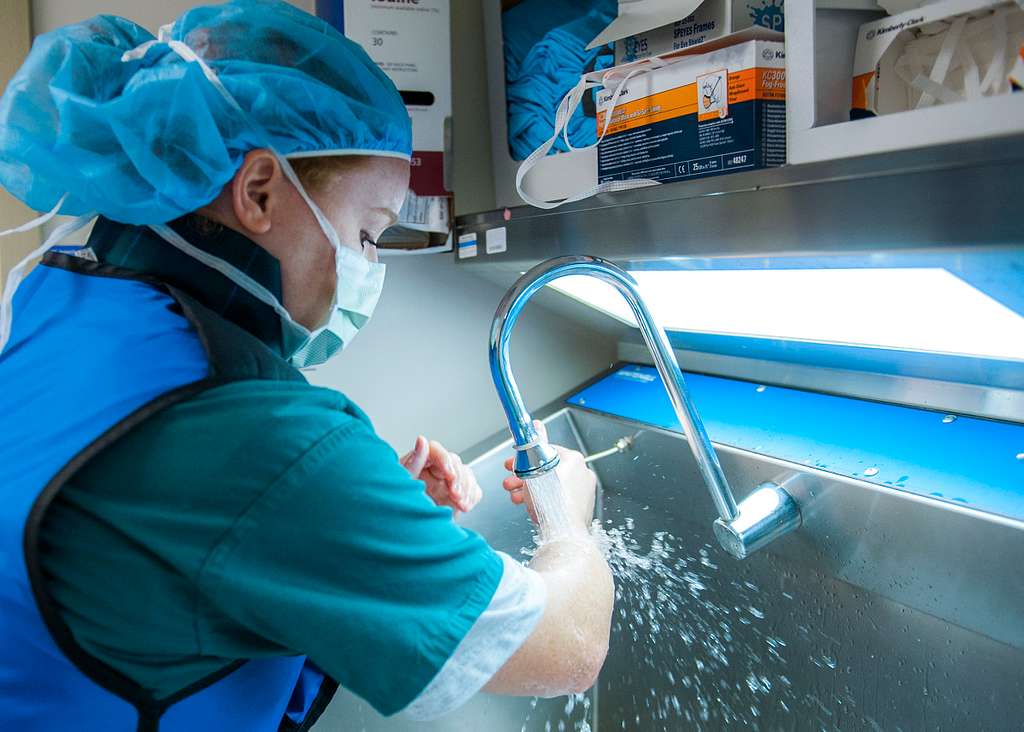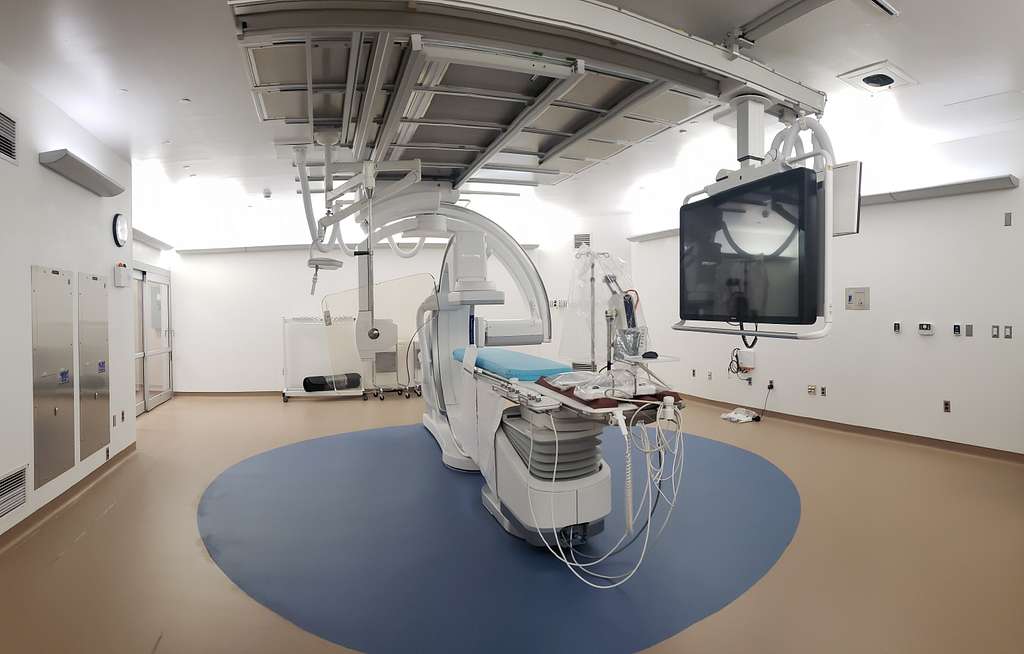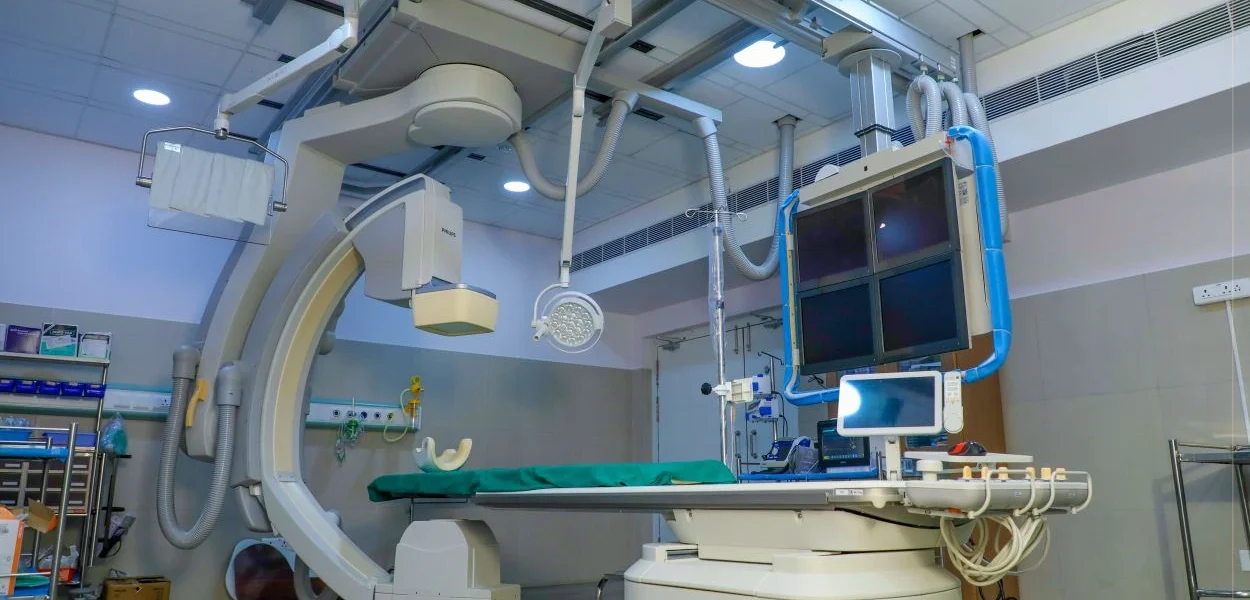A Cath Lab Tech performs various medical procedures in catheterization laboratories within hospitals or specialized health facilities. These labs diagnose and treat heart-related ailments. In short, they serve as specialized rooms for heart procedures. Primarily, they assist cardiologists and healthcare professionals in diagnostic and interventional heart procedures. Their role requires technical expertise and keen attention to detail. Additionally, they must remain calm under pressure, especially in high-stakes situations.
This article will talk about the Cath Lab Tech, things that they do, skills involved, ways of becoming one, and frequently asked questions related to this profession.
What Does a Cath Lab Tech Do?
A Cath Lab Tech supports cardiologists, surgeons, and nurses in the catheterization lab. They assist during diagnostic and treatment procedures for the heart and blood vessels. Their role includes helping with angiograms, stent placements, and pacemaker insertions. The job involves different technicalities that may include the following:

- Cath Lab Preparation: Before any procedure, Cath Lab Techs sterilize equipment, instruments, and supplies, ensuring they are ready and functioning properly. They also prepare the room to maintain a sterile environment.
- During Procedure Assistance: During a procedure, the Cath Lab Tech operates imaging devices like X-ray and fluoroscopy machines. They supervise live imaging of the heart, blood vessels, and catheter insertion. Different medical devices are used in the procedure.
- Monitoring Patients: Cath Lab Techs often assist in looking after a patient during a procedure by observing the important vital signs and ensuring everything runs smoothly. They help keep them comfortable and safe during the process.
- Post-Procedure Care: After a procedure, the Cath Lab Tech cleans the lab and monitors the patient’s recovery. They also assess for complications.
- Document: It’s important for Cath Lab Techs to document everything about the procedure, including patient info, procedure details, and equipment used.
Skills and Qualifications Needed
In order to perform professionally as a Cath Lab Tech, an individual requires a combination of technical skills, clinical field knowledge, and attention to detail. Some of the major skills and qualifications involve the following:
- Technical skills: Equipment function and knowledge of troubleshooting and maintenance are necessary for Cath Lab Techs in performing imaging and other instruments used in intervention procedures.
- Medical Knowledge: The anatomy of the heart and blood vessels holds the most common cardiac diseases, along with the aforementioned procedures. Cath lab techs should learn the procedures they undergo and recognize complications that could arise from the procedure.
- Attention to Detail: This work requires extreme accuracy along with concern; small errors in procedure or equipment handling have great potential impacts on patient outcomes.
- Interpersonal Skills: A Cath Lab Technician must perform as part of a team with good communication with physicians, nurses, and patients. They should be competent in explaining procedures to patients and addressing any of their questions.
- Physical Stamina: The job entails long hours and is expected to require long standing and is highly physical, requiring stamina and dexterity.
- Education: Most Cath Lab TecMost Cath Lab Techs train or earn certification in radiologic or cardiovascular technology, along with their counterparts.. One must have specialized training in catheterization procedures.
- Certifications: A Cath Lab Technician typically requires certification from the appropriate certifying organization, such as the American Registry of Radiologic Technologists (ARRT) or Cardiovascular Credentialing International (CCI).
How to Become a Cath Lab Tech?
A lot of steps go into the making of a Cath Lab Tech, and they generally measure out as follows:
- Earn a Degree or Certification: Most Cath Lab Techs start with an associate degree in either radiologic technology or cardiovascular technology and allied fields. Some programs focus specifically on catheterization or cardiovascular procedures.
- Gain Some Experience: Among these, having clinical experience is mostly preferred by employers. Hence, working in a hospital or medical center while earning a degree or certification offers considerable advantages.
- Obtain Certification: Certification is often demanded by employers. As mentioned, you can certify by taking the relevant examinations offered by the ARRT or CCI. Some states mandate certain specific licenses as well.
- Continuing Education: Cath Lab Techs must also continue to educate themselves and acquire certifications throughout their careers just to keep up with the changes in medical technology and procedures.
Conclusion
A Cath Lab Tech forms an essential part of the health system, especially in the field of cardiology. Medical professionals perform diagnostic and interventional procedures to save lives and improve patients’ quality of life.. If healthcare is your passion, fast-paced, teamwork-orientated environment may well be the deeming choice for you as a Cath Lab Tech. With education, certifications, and commitment, you can truly build a transformative career!

Read Also: AI Will Replace Lab Techs
FAQs About Cath Lab Techs
The job expectation for Cath Lab Technicians is quite brilliant. Aging populations, along with increased incidences of heart diseases, increase the demand for trained cardiovascular healthcare professionals. As reported by the U.S. The Bureau of Labor expects the number of cardiovascular technologists, including Cath Lab Technicians, to grow by 7% from 2021 to 2031, outpacing many other professions.
At times, the job becomes stressful, for example, during high-stakes procedures. However, Cath Lab Techs are largely trained to deal with the stress of procedure while working alongside a team of experts in making sure that the safe conditions of an individual are full and the procedure goes well.
The salary of a Cath Lab Tech varies as per different factors, including experience, geographic location, and the level of certification. Generally, the career salaries of Cath Lab Technologists go from around $60,000 to $90,000 annually. Those with specialized certifications and working in very high-demand areas may earn much higher.
Cath Lab Techs specialize in various fields, including interventional cardiology, electrophysiology, and pediatric cardiology. Additional training and certification further enhance their expertise.
Like most specialists, the CATH lab technician’s work mostly centers in hospitals. This also involves evening, weekend, and holiday work. Some institutions have on-call rosters of technicians for emergency instances, while for others, they have defined shifts. Hours can be quite long, particularly when an intensive procedure is undertaken by such specialists.





